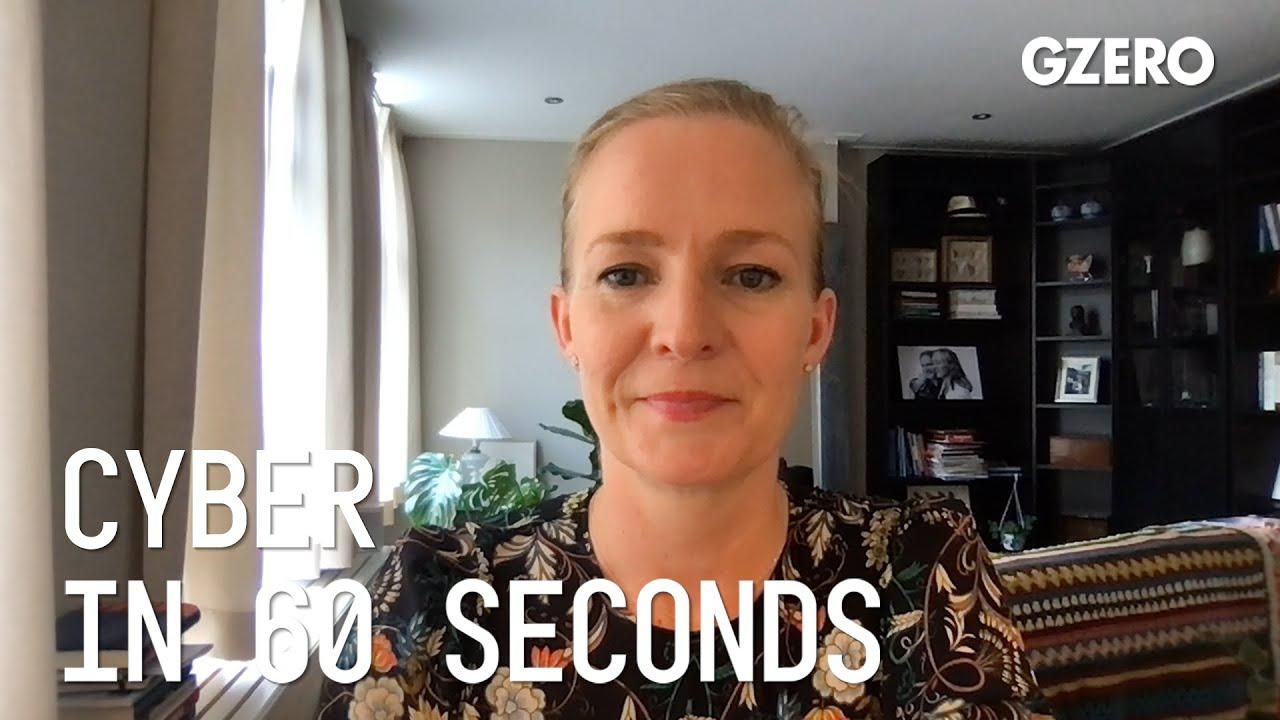
Marietje Schaake, International Policy Director at Stanford's Cyber Policy Center, Eurasia Group senior advisor and former MEP, discusses trends in big tech, privacy protection and cyberspace:
Cyber issues took center stage at the G7 summit. Is there a consensus among world leaders on how to handle cyberweapons?
Well, depending on who is included, there is a growing consensus that the escalations of conflict in cyberspace must stop. And G7 leaders that are now all representing democracies did call on Russia to hold perpetrators of cybercrime that operate from within its borders to account. So, I guess hope dies last because laws in Russia prevents the extradition of suspects to the US, even if Vladimir Putin answered positively when Joe Biden asked for cooperation on that front. And when it comes to limiting the spread of tools that are used for hacking, surveillance and infiltration, the EU has just moved ahead and adopted new dual use regulations which reflect the concerns for human rights violations when journalists are targeted the way that Jamal Khashoggi was. So ending the proliferation of systems that are used to attack would be an urgent but also obvious step for democratic nations to agree on.
Will Biden's meeting with Putin influence a united Western approach in combating cybercrime?
Well, after the intense and high-profile series of ransomware attacks, there's a fresh focus on deterrence and accountability in this space. Biden announced several sectors of critical infrastructure should be off limits for cyberattacks. But the need is really for sufficient consequences to force those in Russia, but also elsewhere to stop their lucrative, cynical practices.